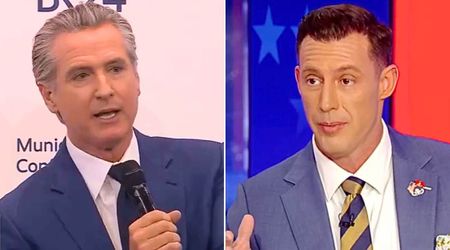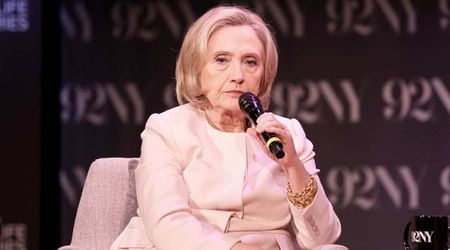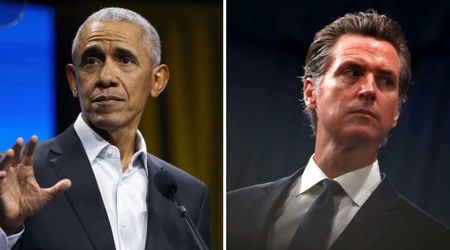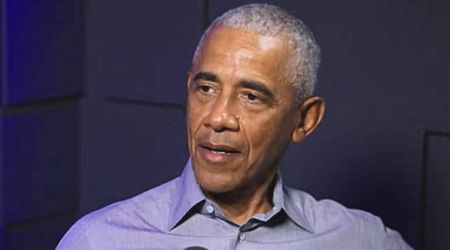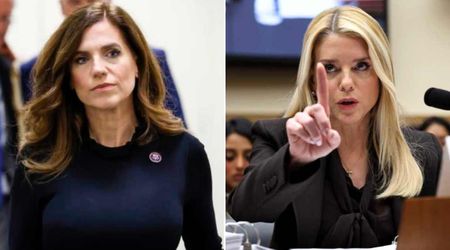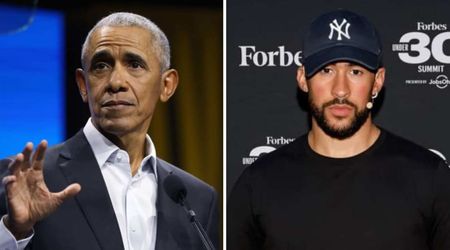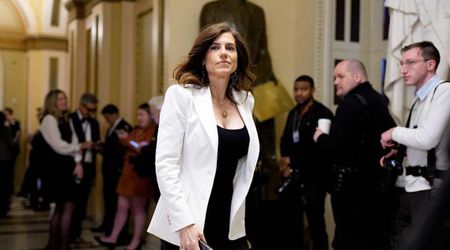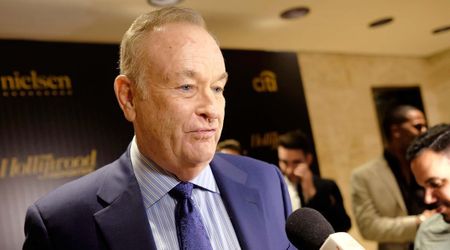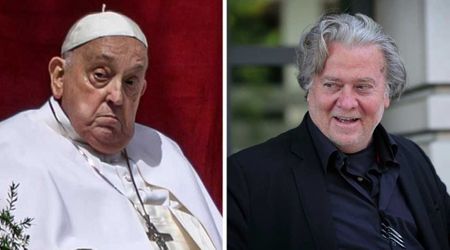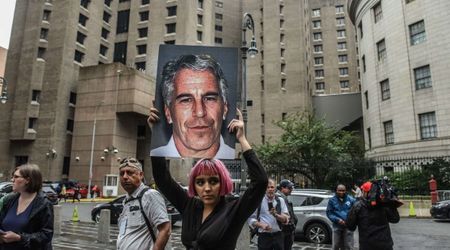From Kennedy to Trump: A chronicle of assassination attempts on former and sitting US presidents

A look back at assassination attempts on sitting and former American presidents in the wake of Donald Trump rally shooting
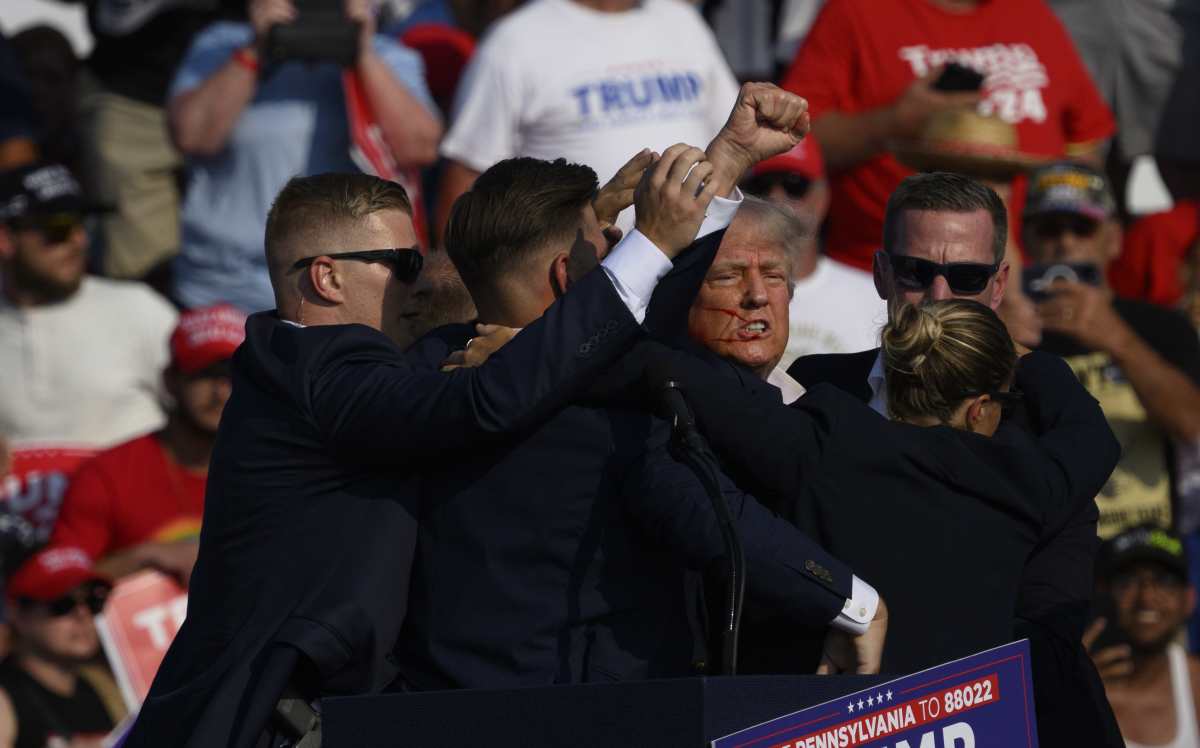
From the 19th century to the present day, at least three sitting presidents, one president-elect, and one former president have faced assassination attempts, along with dozens of foiled plots. The most recent incident involved the 45th President of the United States Donald Trump as he was shot in the ear while speaking at a rally in Butler, Pennsylvania on Saturday, July 13. While Trump's now safe, four leaders—Abraham Lincoln, James A Garfield, William McKinley, and John F Kennedy — tragically died at the hands of their assassins. In the wake of the tragic incident, here are 10 instances of political violence targeting sitting and former presidents.
1. Andrew Jackson

On January 30, 1835, Andrew Jackson became the first US president to be targeted in an assassination attempt. Richard Lawrence, an unemployed painter, lay in wait as Jackson arrived at a congressional funeral in Washington, DC, and fired two pistols at the president, but both misfired. Lawrence became the first person charged with an attempt on the life of a president.
2. Theodore Roosevelt

Theodore Roosevelt survived an assassination attempt on October 14, 1912, while campaigning for a third term in office. John Flammang Schrank, a saloonkeeper, shot Roosevelt in the chest in Milwaukee, Wisconsin. Remarkably, a steel case for Roosevelt's glasses and his 50-page speech absorbed much of the bullet's impact, preventing it from reaching vital organs. Roosevelt continued to deliver his speech, demonstrating his resilience and determination.
3. Franklin D Roosevelt

President-elect Franklin D Roosevelt narrowly escaped an assassination attempt on February 15, 1933. Giuseppe Zangara, an unemployed bricklayer, fired five shots at Roosevelt during a speech in Miami's Bay Front Park, Florida. Although he was unharmed, the bullets wounded four people and killed Chicago Mayor Anton Cermak. The incident highlighted the potential dangers faced by presidents even before taking office.
4. Harry S Truman

An attempt on President Harry S Truman's life occurred on November 1, 1950. Two Puerto Rican pro-independence activists, Oscar Collazo and Griselio Torresola, attempted to assassinate Truman at Blair House in Washington, DC, where he was staying during White House renovations. A gunfight ensued, resulting in the death of one attacker and White House police officer Leslie Coffelt. Truman's life was spared, and the surviving attacker was captured.
5. Gerald Ford

In September 1975, President Gerald Ford faced two assassination attempts within a few weeks. On September 5, Lynette "Squeaky" Fromme tried to shoot Ford in Sacramento, California but was stopped by Secret Service agents before she could fire. On September 22, Sara Jane Moore attempted to shoot Ford in San Francisco, California. Like Fromme, she was intercepted by Secret Service agents before she could pull the trigger.
6. Ronald Reagan

President Ronald Reagan was wounded in an assassination attempt on March 30, 1981, when John Hinckley Jr fired several shots at him and his security detail as they were leaving the Hilton Hotel in Washington, DC. One bullet ricocheted off his limo, hitting Reagan. He spent 12 days in the hospital but ultimately survived. The shooting led to significant changes in Secret Service procedures and presidential security. Reagan's attacker was arrested and confined to a mental hospital after a jury found him not guilty by reason of insanity
7. Abraham Lincoln

President Abraham Lincoln was assassinated on April 14, 1865, by John Wilkes Booth. Lincoln was attending the play 'Our American Cousin' at Ford's Theatre in Washington, DC, when Booth slipped into the presidential box and shot him in the head. The assassination occurred at the end of the Civil War, with Booth and his co-conspirators viewing Lincoln as a tyrant. Lincoln's death marked a profound loss for the nation during a pivotal moment in its history.
8. James A Garfield

James A Garfield was shot on July 2, 1881, by Charles J Guiteau at a train station in Washington, DC, while the president was on his way to Massachusetts for an Independence Day speech. He succumbed to his wounds two months later due to infection. Guiteau, deemed mentally unstable, had a mix of personal grievances and political disillusionment that drove him to commit the assassination.
9. William McKinley

On September 6, 1901, President William McKinley was shot by Leon Czolgosz at the Pan-American Exposition in Buffalo, New York. Czolgosz, an anarchist, approached McKinley in a receiving line and shot him in the stomach. McKinley died eight days later from his wounds. The tragedy led to the creation of the modern-day Secret Service to better protect US presidents.
10. John F Kennedy

President John F Kennedy was assassinated on November 22, 1963, by Lee Harvey Oswald. JFK was traveling in an open convertible with his wife, Jacqueline Kennedy, in Dallas, Texas when Oswald fired three shots from a nearby building. Two bullets struck JFK in the head, killing him. Oswald's motivations were a combination of personal grievances and political disillusionment. The 35th president's assassination profoundly impacted the nation and still remains a subject of extensive investigation and speculation.

